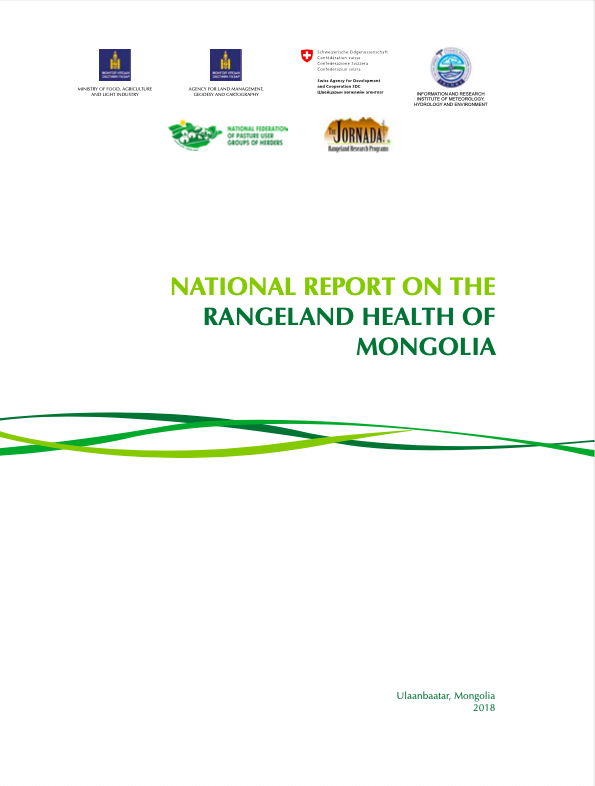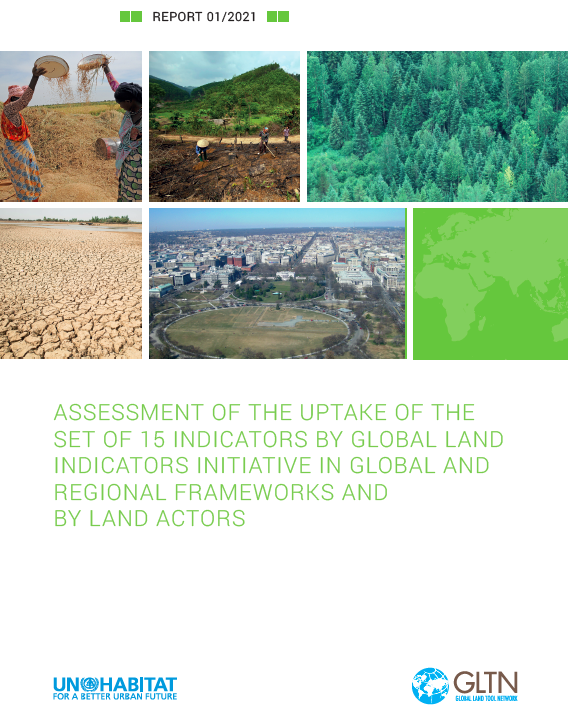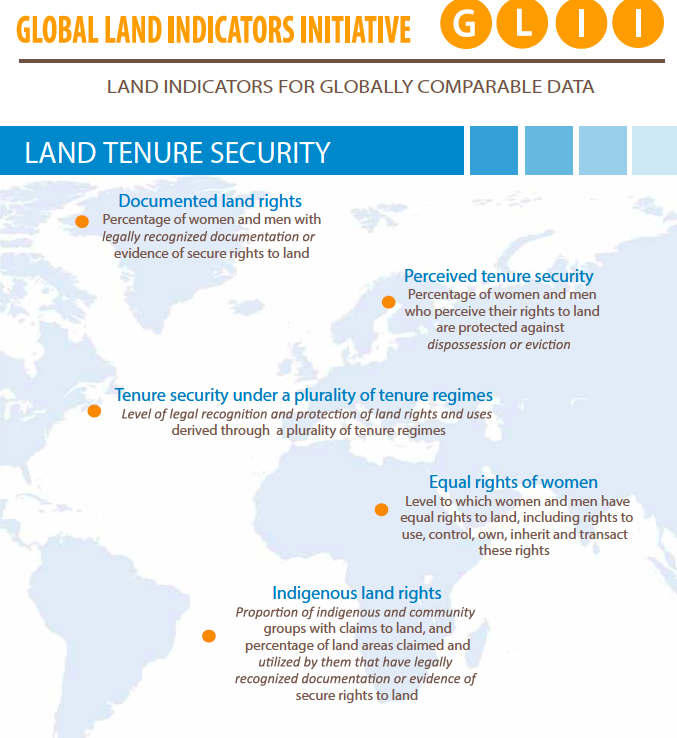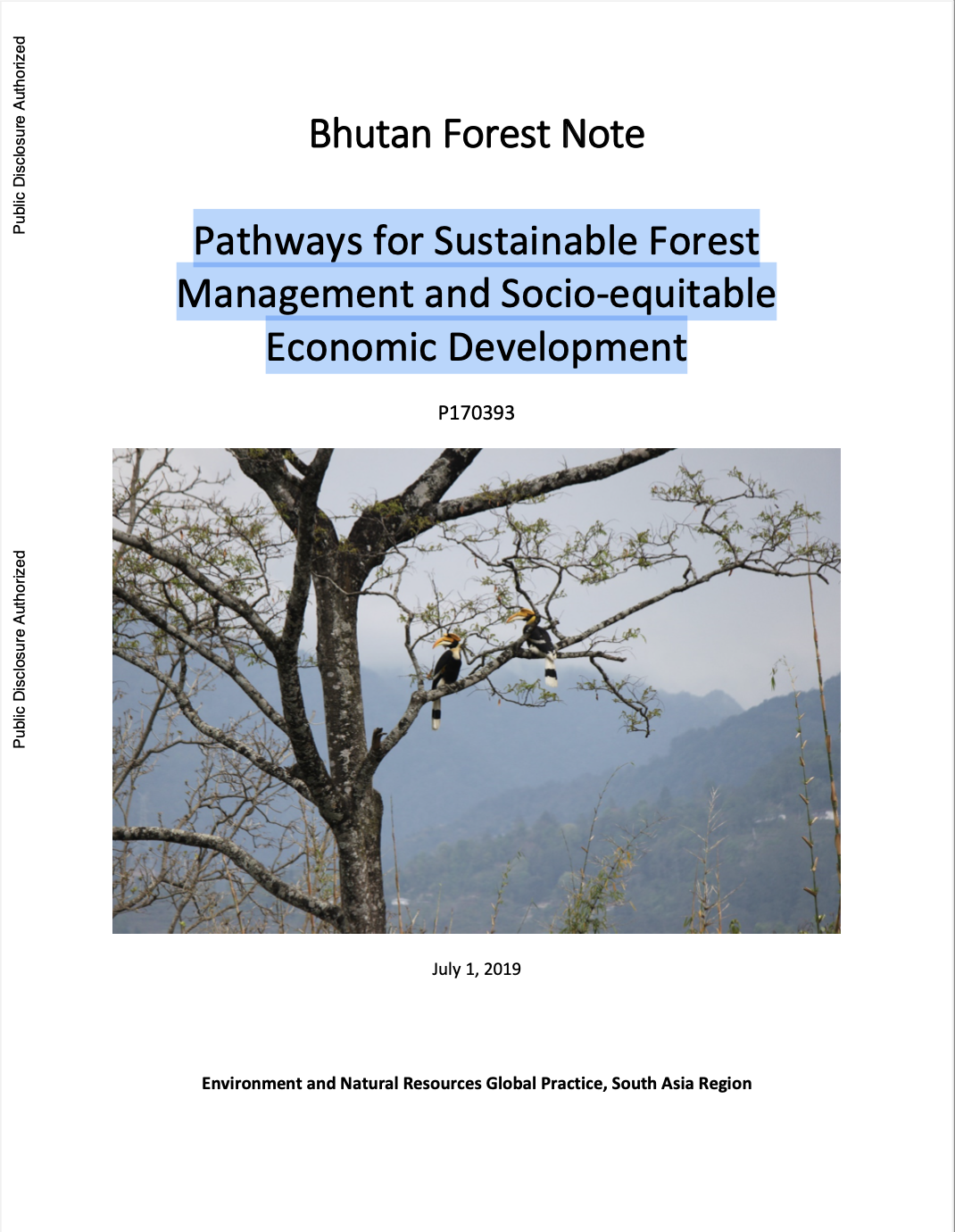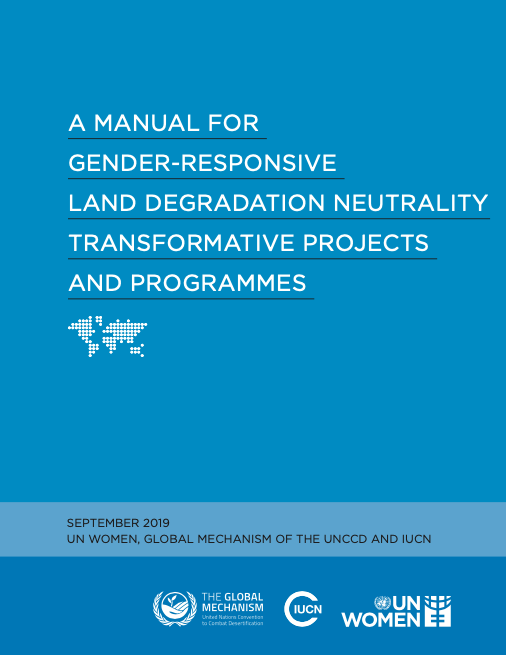Memorial Parking Trees: Resilient Modular Design with Nature-Based Solutions in Vulnerable Urban Areas
Nature-based solutions (NbS) include all the landscape’s ecological components that have a function in the natural or urban ecosystem. Memorial Parking Trees (MPTs) are a new variant of a nature-based solution composed of a bioswale and a street tree allocated in the road, occupying a space that is sub-utilised by parked cars. This infill green practice can maximise the use of street trees in secondary streets and have multiple benefits in our communities. Using GIS mapping and methodology can support implementation in vulnerable neighbourhoods.


